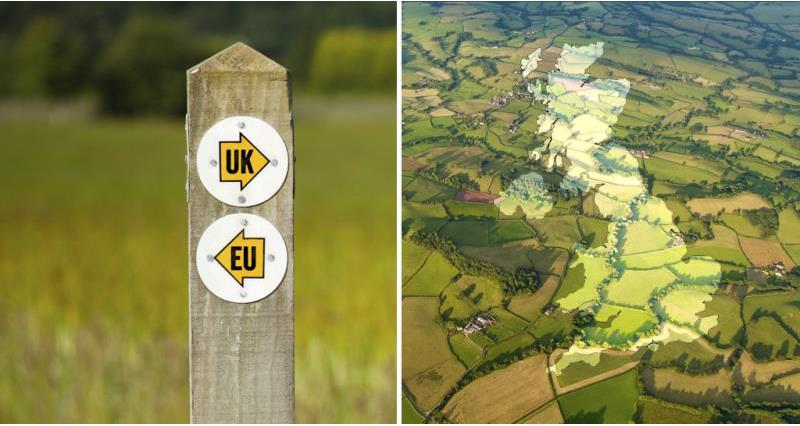The new negotiating guidelines outline what should be the EU’s approach to the issues covered in the next phase of talks. There are several specific points that have potential consequences for agriculture in the UK:
Making Phase I stick
The details of what some elements of Phase I might mean for farming are covered here. However the new EU guidelines make it clear that the agreements reached in Phase I should become legally binding as soon as possible. This raises the possibility of certain elements, such as guaranteeing citizen’s rights or continued regulatory alignment with the EU, becoming legally binding regardless of the rest of the Withdrawal Agreement. If this came about the UK could, for example, commit to keeping its rules in line with the EU’s in order to avoid a border with Ireland, even if it ultimately has no overarching trade arrangement.
Going from a rule maker to a rule taker
During a transition period, the guidelines suggest that the UK could retain full access to the Single Market and Customs Union. As part of this it would have to apply all exiting EU laws and principles including, for example, the free movement of people. However, the UK will officially no longer be an EU member and the guidelines state that the UK should not be allowed to participate in the EU institutions and the decisions they make. This implies that the UK would no longer have a Commissioner, participate in the European Council or send 73 MEPs to the European Parliament. As the UK would still have to apply EU laws that are created or amended through these institutions during transition, then new rules relating to farming could come into force, but the UK will have had no say in making them.
Future farm policy
A key element of the previous point is that the CAP is part of the rules of the EU. There is certainly scope for a specific agreement to allow, or not, divergence in agricultural policy during transition. Equally however it could be the case that as part of staying in the Single Market then the UK will still have to implement the CAP as the rest of the EU does. This clearly has implications for the extent and speed of change in the UK’s own domestic agricultural policy.
The jurisdiction of EU courts
The guidelines make it very clear that staying in the Single Market and Customs Union as part of transition also means staying within the jurisdiction of the European Court of Justice. It could therefore be the case that, as with now, UK court decisions are challenged or even overturned by the ECJ.
The shape of future trade is unclear
The EU is clear that this a transition period should be time limited and that after it comes to an end a new trading relationship should come into force. During transition however, the EU27 are clear that the UK must continue to apply the EU’s trade policy – putting a clear restriction on immediate UK trade ambitions.
Transition itself will also provide time to further discuss and agree what this relationship should be like. However, the guidelines also point out that the EU’s approach to this relationship will only be fully fleshed out in the final Withdrawal Agreement itself. And even then it will be limited to “political” statements rather than a fully-fledged trade agreement. This means that it is still both unclear what a long-term solution for trade will look like and also that it will not materialise for a number of years.
An additional important point on trade is that the EU27 are clear that the future deal will as a priority protect the integrity of the Single Market and Customs Union the UK will be leaving. This is a clear message that should the UK wish to do trade deals with other countries, such as the USA, that cover agricultural goods then this will have a bearing on the conditions of any deal the EU will be willing to do with the UK.
